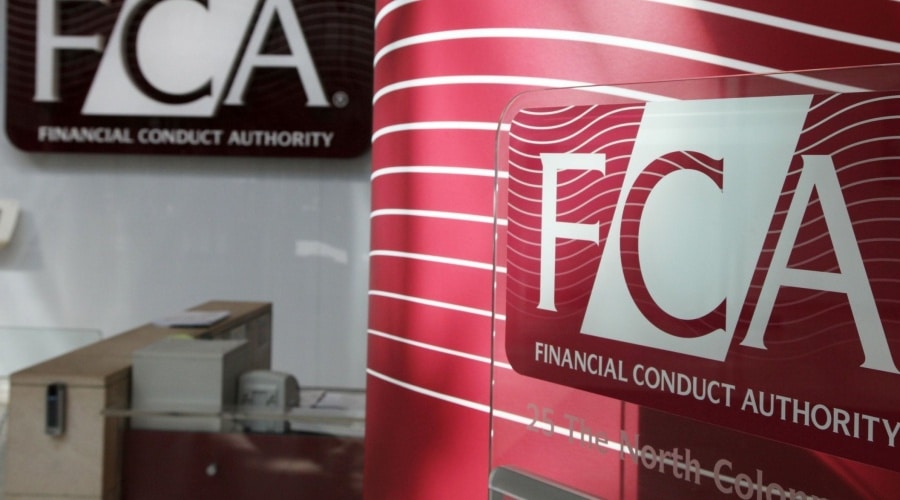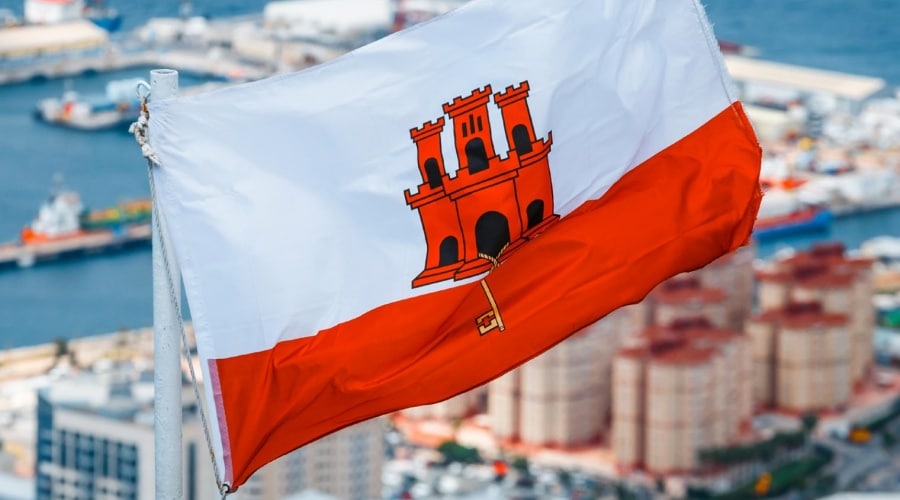
The legality of cryptos varies depending on the legislation of each country. To find out if it’s legal to trade cryptocurrencies in your country, keep on reading this article.
The United States
The United States generally supports crypto trading, even though several government agencies are working to prevent the use of Bitcoin illegal transactions. Many prominent businesses accept payments in cryptos, and even the U.S. derivatives markets have begun to gain legal status.
Guidance on Bitcoin has been issued constantly since 2013, the U.S. Department of Treasury’s Financial Crimes Enforcement Network (FinCEN). Crypto trading is legal in U.S., and it is subjected to taxation purposes by the Internal Revenue Service (IRS).
 coinlist.me
coinlist.me
Canada
Canada also has a supportive attitude towards crypto, and it implements preventive measures against money laundering by the use of cryptocurrencies.
The Canada Revenue Agency (CRA) categorized cryptos as a commodity, stating on their webpage that “you can use digital currencies to buy goods and services on the Internet and in stores that accept digital currencies. You may also buy and sell digital currency on open exchanges, called digital currency or cryptocurrency exchanges.” However, cryptocurrencies, including Bitcoin, are not considered legal tender in Canada; “only the Canadian dollar is considered official currency in Canada.”
Crypto transactions are also taxed depending if the individual has a buying-selling business or only wants to use the coins for investing purposes.
 news.bitcoin.com
news.bitcoin.com
United Kingdom
The United Kingdom does not recognize cryptocurrencies as legal tender but allows the trading of digital assets. All crypto exchanges that operate in the country must have licenses from the Financial Conduct Authority (FCA) – though some crypto businesses might instead use an e-license.
In 2019, the FCA has started updating its guidelines for cryptocurrencies, with a series of consultations on crypto regulation scheduled to be released towards the end of the year.
Crypto trading is also subjected to capital gains taxes, and this tax is punishable to any gain made through a cryptocurrency.
 independent.co.uk
independent.co.uk
Australia
If you are living within the Commonwealth space, it is probably legal to trade cryptocurrencies in your country. Australia is one of those countries that allow its residents to trade, mine, or buy cryptocurrencies legally.
All crypto exchanges in the country are required to register with the AUSTRAC (Australian Transaction Reports and Analysis Center) and implement an AML/CTF program “to mitigate the risks of money laundering as well as identify and verify the identity of their customers.” In order to operate, Aussie exchanges are also required to report suspicious transactions and keep records of such activities.
 ccn.com
ccn.com
South Korea
South Korea is one of Asia’s top crypto hubs, having a plethora of exchanges and crypto-friendly regulations.
The government declared that only crypto trades can be made using real-name bank accounts (“real-name account system”) and that South Korean exchanges are required to have contracts with banks regarding cryptocurrency trades.
Minors and foreigners, irrespective of their country of residence, are not allowed to trade cryptocurrencies in the country.
Profits resulting from cryptocurrency transactions are taxable under the Law on Income Tax of Individuals, but there are sine transactions with bitcoins that have an exemption from value-added taxes.
 finance.yahoo.com
finance.yahoo.com
Luxembourg
Cryptocurrencies do not have any specific regulations in Luxembourg, though its government has been very supportive of digital assets when compared to other countries.
Finance Minister, Pierre Gramegna, has stated that cryptocurrencies should be “accepted as a means of payment for goods and services.”
Cryptocurrency exchanges in Luxembourg are regulated by the Commission de Surveillance du Secteur Financier (CSSF), which was one of the first EU domestic financials to offer a crypto trading license. Bitstamp was the first crypto business to receive the license in 2016, which also enables the exchange to offer its services to other EU member-states.
Crypto trades are not subjected to income tax until they are disposed of, and crypto transactions are exempt from VAT.
 news.livecoinwatch.com
news.livecoinwatch.com
Japan
If you are living in Japan, then it is legal to trade cryptocurrencies in your country. The Land of The Rising Sun is known for having the most progressive attitude and cryptocurrency regulations in the world. This is why 10% of the total trading traffic from crypto exchanges is from Japan.
Back in 2017, the country recognized cryptocurrency assets as legal tender under the Payment Services Act. Crypto transactions also have clear tax guidelines for investors, with tax rates of 15%-55%.
Cryptocurrency exchanges have to be registered with the FSA in order to operate, and it can take up to six months to get a license, as the requirements for cybersecurity and AML/CFT are very strict.
A self-regulatory body, The Japanese Virtual Currency Exchange Association (JVCEA), was also formed to provide advice to exchanges that are not yet licensed and promote regulatory compliance.
 coinrevolution.com/
coinrevolution.com/
Switzerland
Even though Switzerland is not part of the Eurozone, it is very much part of the crypto zone. Zug currently houses many blockchain-based start-ups and businesses, such as ShapeShift.io, Bancor, ConsenSys, and Xapo.
The cantons of Zug and Lucerne issued their own guidelines for Bitcoin taxation in German-language papers back in 2017.
The Crypto Valley is known to be a crypto tax haven for investors, which is unsurprising why so many investors and businesses come to relocate to this country.
In addition to supporting crypto trading, the country also has issued regulations for ICO-issued tokens.
 icopresident.com
icopresident.com
Malta
The government of this small island nation has a pro-attitude towards crypto and bitcoin in general, with the prime minister even stating that crypto represents “the inevitable future of money”.
Malta apparently does not have any taxes for cryptocurrency trading or other transactions.
The country also introduced a Virtual Currency Bill, which would serve as a framework for ICOs, and it was also reported that the government plans to issue its own cryptocurrency “within a controlled framework, which would enable regulators to test possible controls and legislation for the technology.”
 welcome-center-malta.com
welcome-center-malta.com
Gibraltar
If you are from the Mediterranean country of Gibraltar, know that it is legal to trade cryptocurrencies in your country.
The country has issued licenses for ICOs and FinTech companies, and crypto taxation legislation is also in place, the rate is fixed at 10% since 2011.
A subsidiary of the Gibraltar Stock Exchange, Gibraltar’s Digital Asset Exchange, also offers insurance coverage for the crypto assets that are supported on its platform.
 news.bitcoin.com
news.bitcoin.com
If you are a resident of one of the aforementioned countries, you can now safely trade cryptos, knowing that such activity is legal.
Featured image: stockhax.com

coindoo.com is author of this content, TheBitcoinNews.com is is not responsible for the content of external sites.
Our Social Networks: Facebook Instagram Pinterest Reddit Telegram Twitter Youtube










